Empowering the Deaf Community: Bridging Gaps and Fostering Inclusion
Today, September 23, marks International Sign Language Day, a momentous occasion dedicated to celebrating the significance of sign language and the vibrant culture of the deaf community.
This day serves as a reminder of the challenges faced by deaf individuals while advocating for a more inclusive world.
According to the World Federation of the Deaf, there are over 70 million deaf people globally, with more than 80% residing in developing countries, including Nigeria.
Collectively, they communicate through a diverse array of more than 300 sign languages.
In Nigeria, the deaf community encounters formidable obstacles, including discrimination and pervasive barriers to education, employment, and healthcare. Among these hurdles, one of the most pressing issues is the scarcity of sign language education.
Only a handful of schools in Nigeria offer sign language instruction, leaving countless deaf children in institutions where effective communication with teachers and peers is a constant struggle.
Deaf individuals in Nigeria also confront workplace discrimination, with many employers hesitating to hire them. Those who manage to secure employment often contend with reduced wages and limited prospects for advancement.
Moreover, access to healthcare is a pervasive challenge for the deaf community in Nigeria. Many healthcare providers lack the knowledge and training required to cater to the unique needs of deaf patients. Furthermore, there is a glaring shortage of sign-language interpreters in hospitals and clinics.
However, despite these adversities, deaf Nigerians continue to make substantial contributions to society.
You’ll find accomplished entrepreneurs, artists, athletes, and impassioned activists among their ranks.
On this International Sign Language Day, let us unite in our efforts to forge a more inclusive Nigeria for our deaf brethren. It is imperative that we champion the rights of deaf individuals, ensuring their unfettered access to education, employment, and healthcare, just as it is for everyone else.
Here are tangible steps we can take to foster inclusivity for deaf individuals in Nigeria:
• Increase the availability of sign language education within schools.
• Provide sign language interpreters in hospitals, clinics, and public spaces.
• Promote awareness about the rights of the deaf community among employers and the general populace.
• Extend support to deaf-owned businesses and organizations.
For instance, the recent renovation of the Kwara State School for Special Needs clinic by the Kwara State Government and the philanthropic contributions from various individuals and groups are commendable steps. Nonetheless, we must persist in our efforts to ensure that deaf individuals in Nigeria gain access to quality education, employment opportunities, and healthcare services.
Sustainable Development Goal 4 emphasizes the importance of quality education for all. To realize this goal, education advocates are urging the government and stakeholders to provide the necessary resources to enhance communication and education accessibility, particularly for individuals with hearing and speech impairments.
On this International Sign Language Day, let us pledge to transform Nigeria into a more inclusive space for the deaf community and individuals with disabilities. Each of us can play a vital role in building a world where everyone can realize their full potential regardless of their abilities.
Here are some ways you can support the cause of deaf individuals in Nigeria:
• Learn sign language.
• Advocate for the rights of deaf individuals in your community.
• Patronize and support deaf-owned businesses and organizations.
• Contribute to charities that assist deaf individuals.
• Dedicate your time to volunteer and assist deaf individuals in your community.
Together, we can create meaningful change.
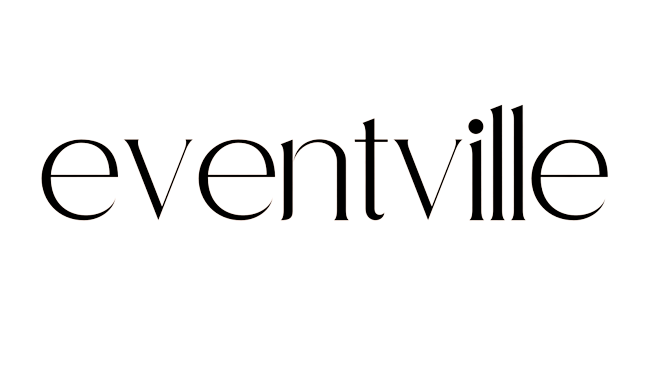
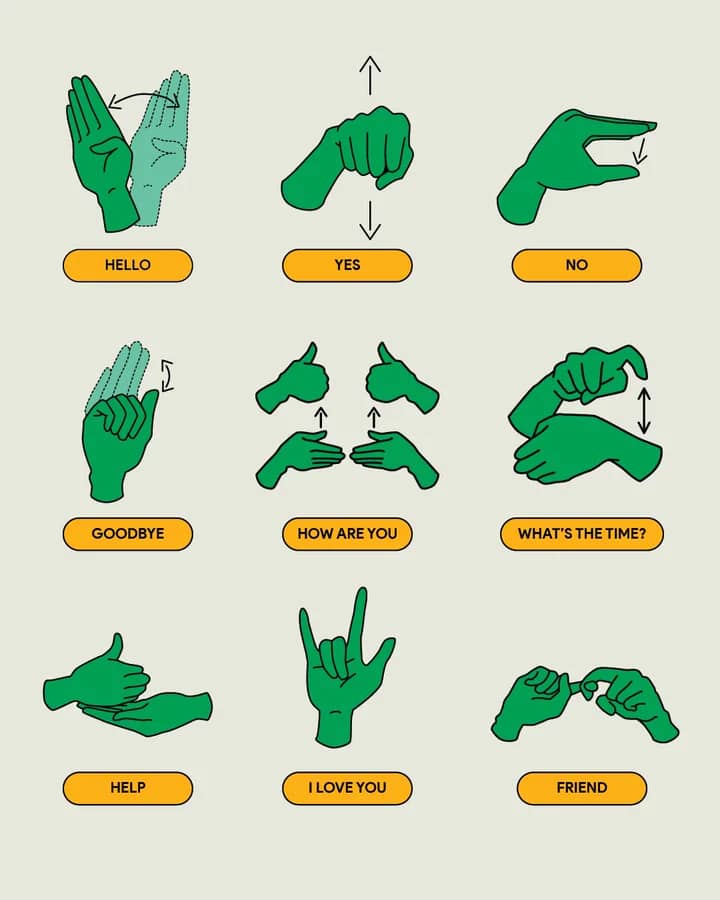

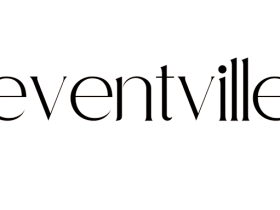
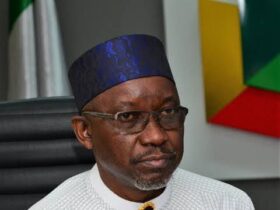
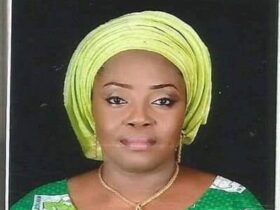
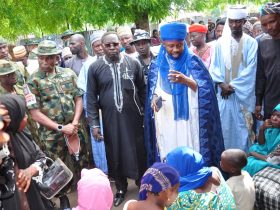
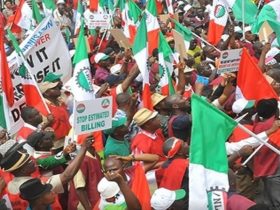
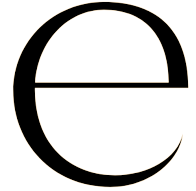
Leave a Reply